Qarz-e-Jaan finale draws backlash for ‘infantilising’ a rapist and murderer
With its final episode, Qarz-e-Jaan, the hit drama starring Yumna Zaidi as the fierce lawyer Nashwa, may have inadvertently undone the impact of its preceding 31 episodes.
The show, which gained praise for unflinchingly depicting misogyny, male privilege and the systemic rot that enables abusers, is now drawing criticism for softening the blow while punishing its central antagonist, Ammar Bakhtiar.
Played with disturbing charisma by Nameer Khan, Ammar is a character who commits unforgivable crimes. He gang rapes a woman, films it, uses the footage for blackmail, and later murders his own brother-in-law in cold blood. And yet, in the finale, he is granted a moving monologue that suddenly evokes feelings of sympathy for him and attempts to shift the blame.
After receiving a life sentence, Ammar is portrayed as a broken man who finally realises the gravity of his actions. He breaks down, expresses regret, and blames his upbringing. The scene shifts from justice to justification.
“A heinous individual is being portrayed in a sympathetic light through a monologue, with attempts to manipulate public opinion by highlighting his marital issues. This narrative strategy aims to humanise him and evoke empathy,” a user wrote on X.

“Not to take away from Nameer’s performance because he did a brilliant job as Ammar, but why on earth was the entire last ep dedicated to us being lectured about why Ammar has turned out this way, when they spent the last 31 eps showing us exactly that?!” added another.

“Qarz-e-Jaan fully infantilised a rapist and a murderer,” one user posted.“So none of his crimes were his doing, they were all a result of his parenting and circumstances? And why was Nashwa smiling so hard at Ammar’s compliment at the end? What a shameless attempt to whitewash a criminal.”

The smile in question came as Nashwa, who took her own husband to court and stood firmly against his crimes, suddenly softened when Ammar called her a good lawyer and was particularly jarring. Many viewers called the moment a disservice to her character.
“Absolutely revolting to have your female lead seek validation this way and to have her smile towards a rapist and murderer,” one viewer wrote. Another added, “Never have I ever seen a prosecutor get so happy at being validated by a criminal. This has to be a first. Such an abomination this whole whitewashing attempt has been. Truly ruined the show for me.”
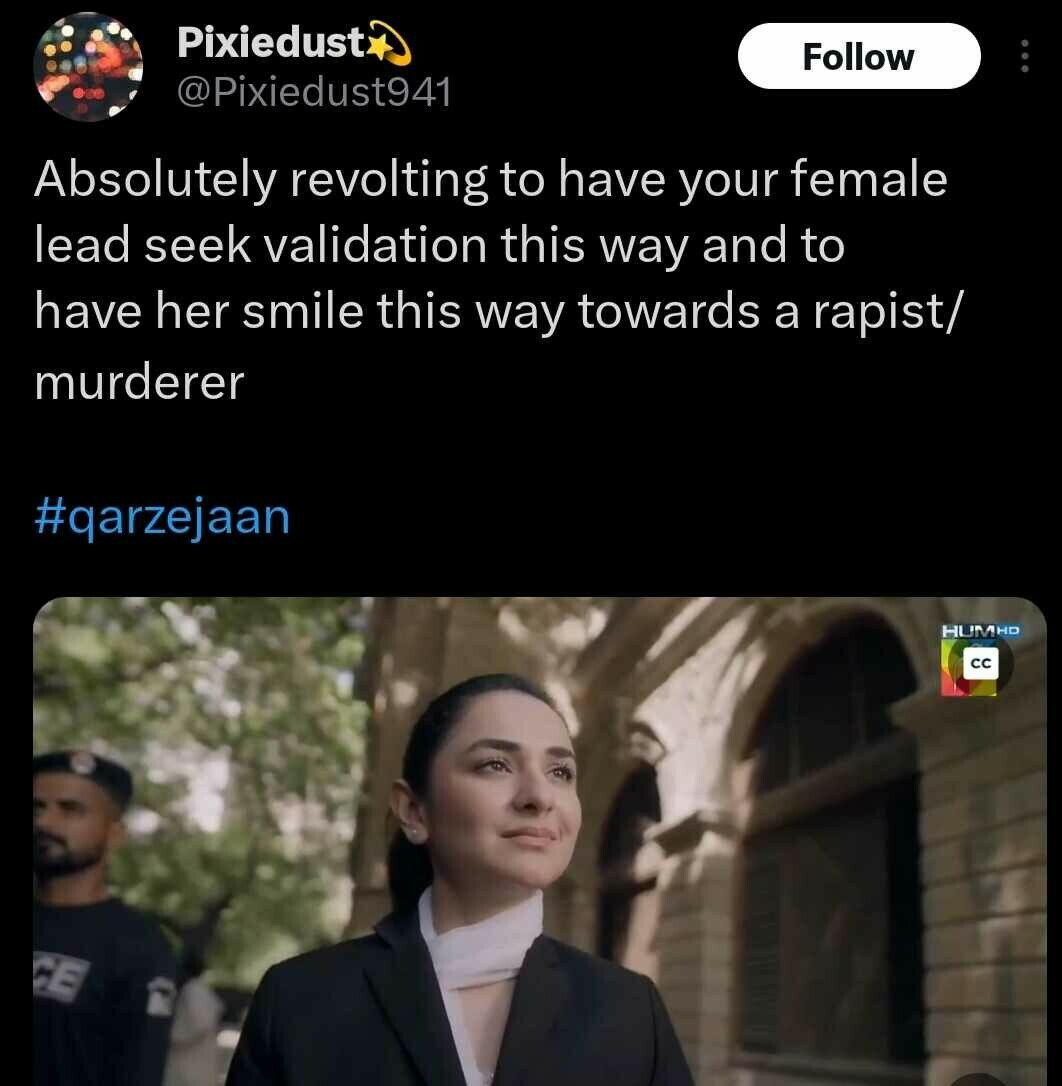

Others compared Qarz-e-Jaan to Cheekh, another drama that attempted a similar arc. In that show, Bilal Abbas’ Wajih also gave a chilling monologue, but Saba Qamar’s character Mannat responded with unflinching disgust. Viewers felt Qarz-e-Jaan lacked that moral clarity.
“The disgust she (Mannat) showed after the rapist’s speech in Cheekh. The way she just walked out without caring to look at him. Mind you, he was family to her. Qarz-e-Jaan could never,” noted one user.

X users were quick to point out that blaming dysfunctional parenting and societal expectations for heinous crimes dilutes personal accountability. “Rape is power politics. It has nothing to do with dysfunctional family,” one stressed. “A man is responsible for his actions, and rapists never feel guilty. Pick up any study to refer.”

Still images from the harrowing documentary India’s Daughter, where a convicted rapist blames the victim for being out late, circulated on social media alongside screenshots from Qarz-e-Jaan. The juxtaposition served to remind viewers of the real-world consequences of normalising this kind of narrative.
“This is what rape convicts have said on record,” a user captioned. “A rapist doesn’t reform. There are no reparations. Qarz-e-Jaan is a pathetic attempt at whitewashing a brand of criminals who are degenerates of the highest order.”

Radio host Sabah Bano Malik also joined the chorus, posting a video in which she slammed the drama for infantilising a grown man the moment he received what he deserved.
“Qarz-e-Jaan is the story of how a redemption arc was handed to a gang rapist, blackmailer and murderer, all because he was played by a great actor who’s extremely charismatic and good looking,” she said.
She went on to highlight the misplaced empathy at the end: “Where we should’ve seen justice, we saw the whole room, including the judge and his family, feel sorry for him the moment he broke down.”
To its credit, Qarz-e-Jaan does a compelling job of portraying the corrosive influence of bad parenting. Ammar’s father, Bakhtiar, played with chilling precision by Deepak Perwani, is the textbook definition of an enabler. In a pivotal moment, when Ammar calls him after murdering his brother-in-law, Bakhtiar simply replies, “Don’t worry, I’m coming.”

A controlling, misogynistic, and corrupt figure, Bakhtiar is everything reprehensible, except he doesn’t rape, murder, or do drugs. His moral compass is broken in quieter but no less destructive ways. That environment undeniably gave Ammar the audacity to believe he could act with impunity. However, it’s important to separate cause from accountability. Ammar was a grown man, fully capable of reading, reasoning, and understanding right from wrong, how else could he arrive at the realisation he did in the finale? While bad parenting may have emboldened him, the crimes were entirely his own.
There’s no denying that Qarz-e-Jaan was gripping and powerful in its first stretch, particularly in how it addressed societal hypocrisy, gender dynamics, and institutional rot. But its finale, for many, felt like betrayal. In trying to humanise a monster, it forgot to stand with the survivors.






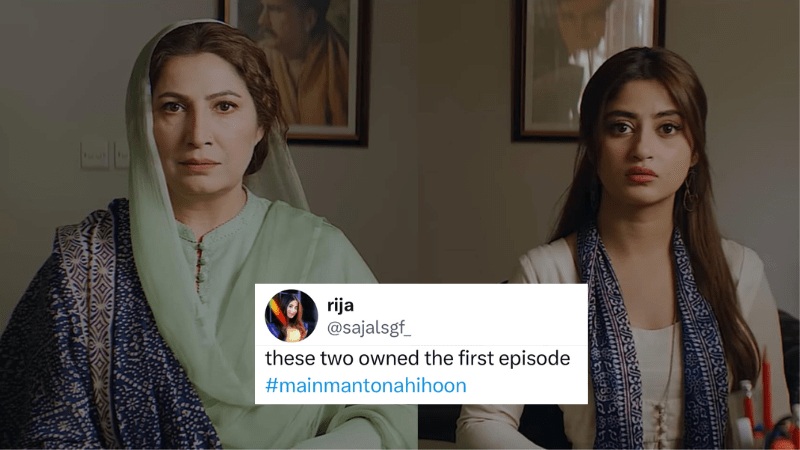
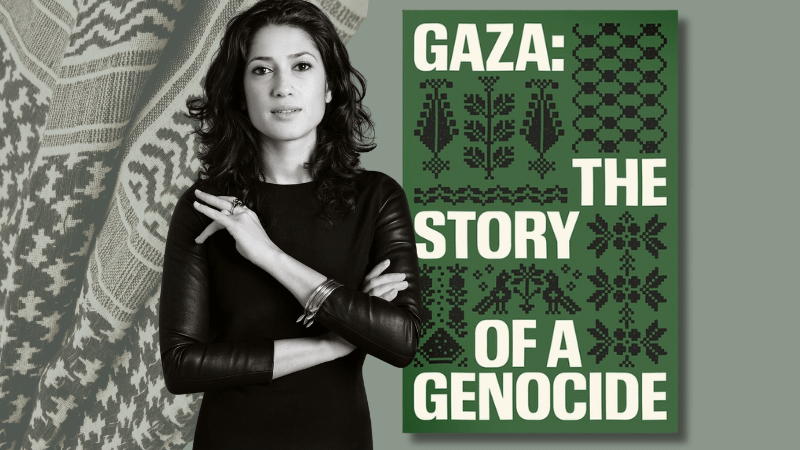

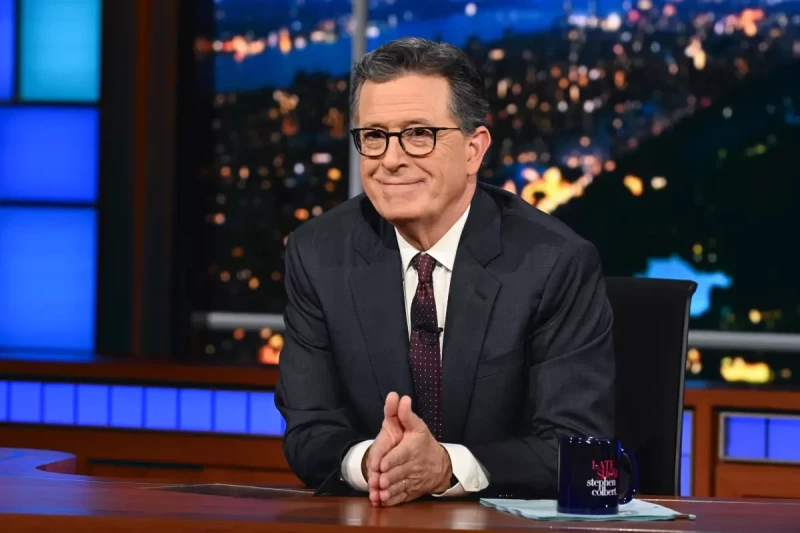
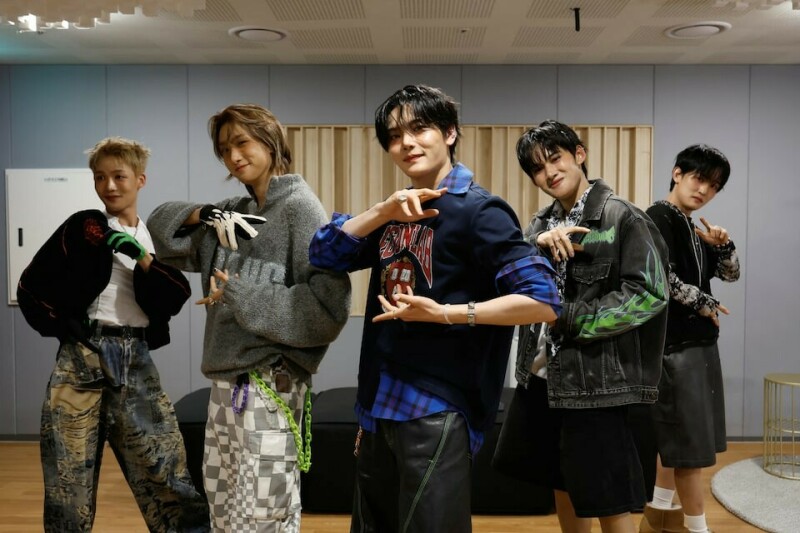
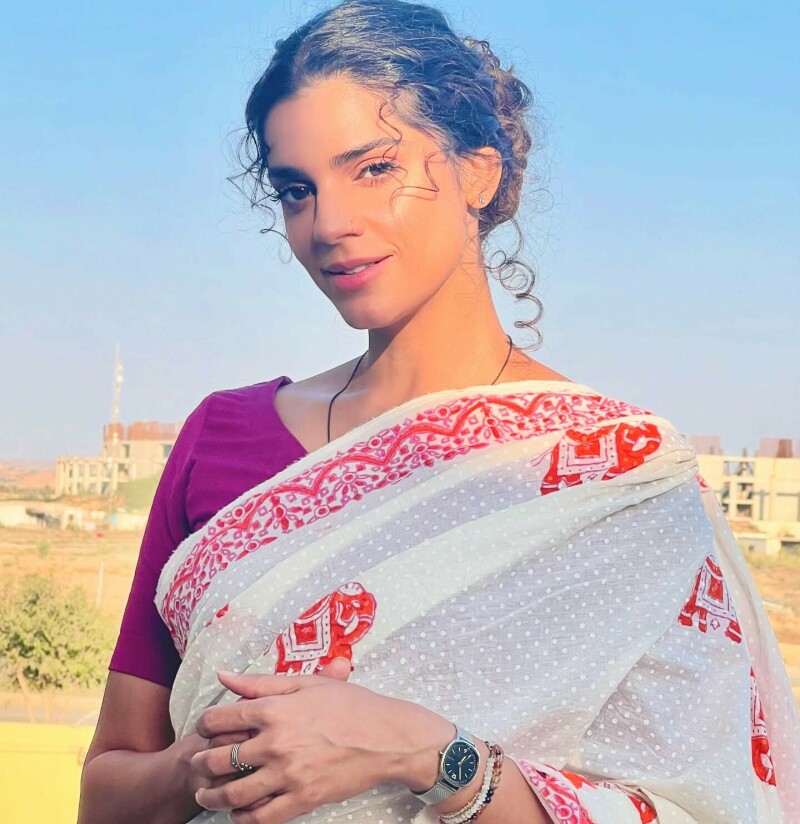
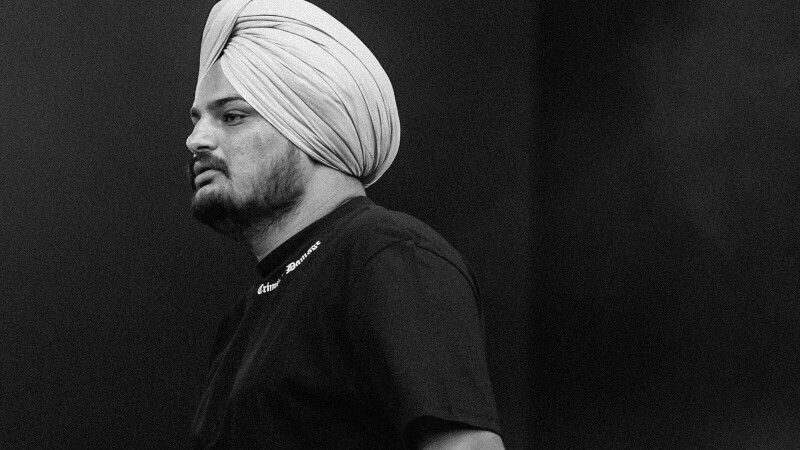
Comments